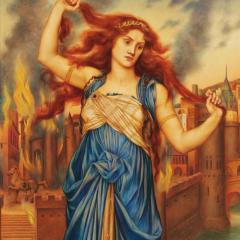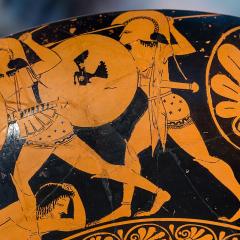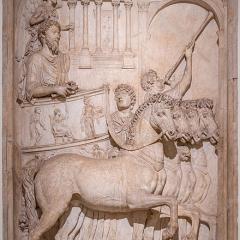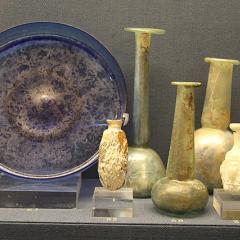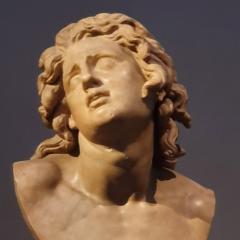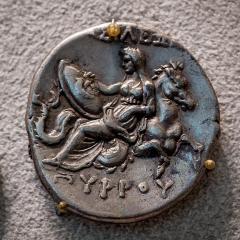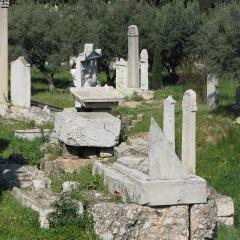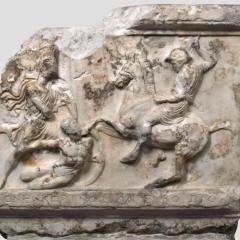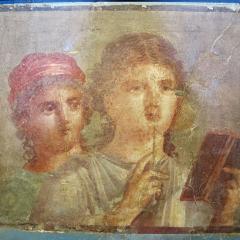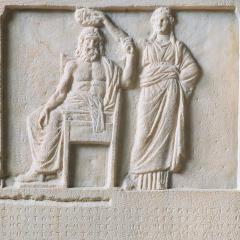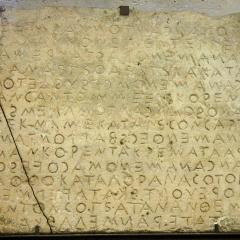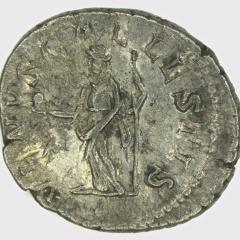Classics and Ancient History Seminars
All research seminars begin at 4 pm on Friday (with the exception of special Friends of Antiquity events). The 16 September HPI seminar will take place on a Monday).
They will take place simultaneously in person and online.
The in-person venue is room E302 of the Forgan-Smith Building (building no. 1) on the St-Lucia campus of the University of Queensland.
Note: If there is a room change it will be listed on the event session.
Please contact Associate Professor David Pritchard d.pritchard@uq.edu.au for the zoom link.
For further information please contact the Seminar Convenor Associate Professor David M. Pritchard (d.pritchard@uq.edu.au or +61 401 955 160).



